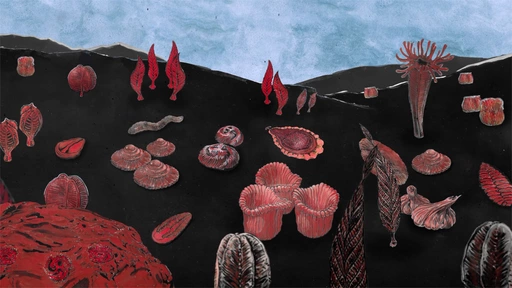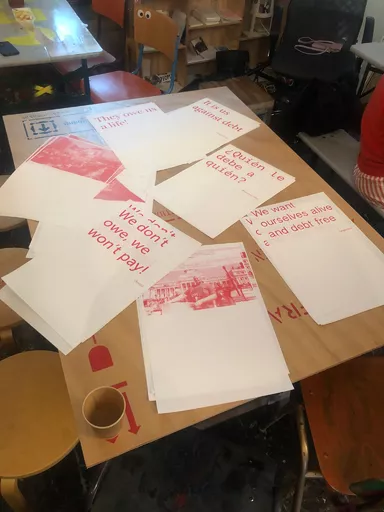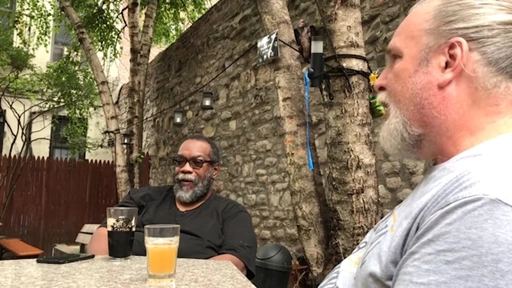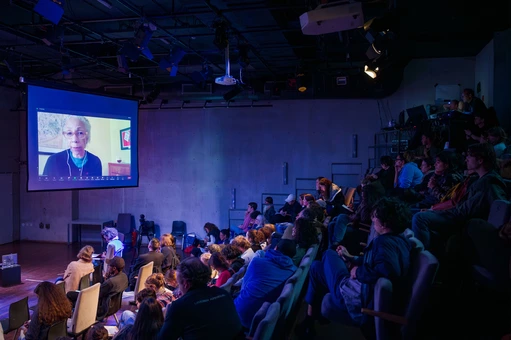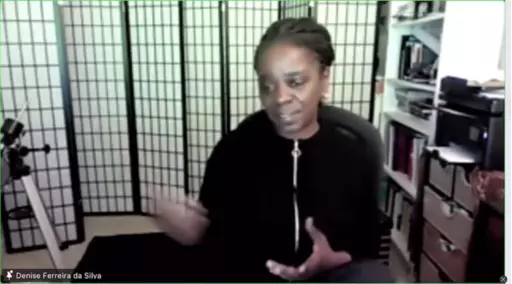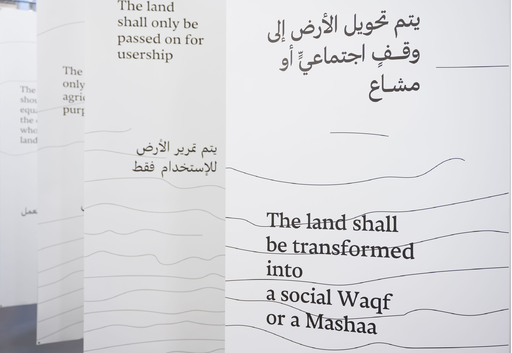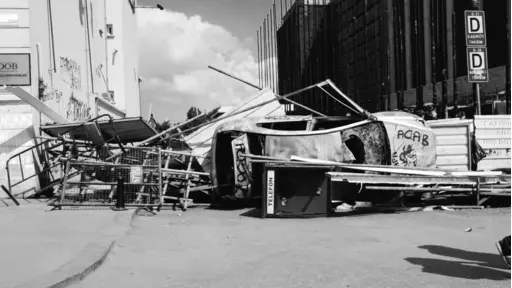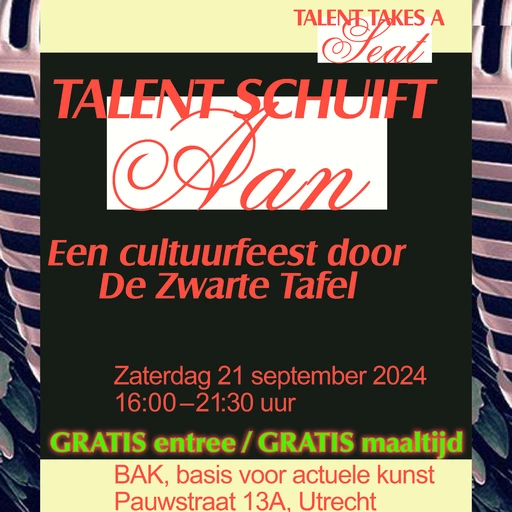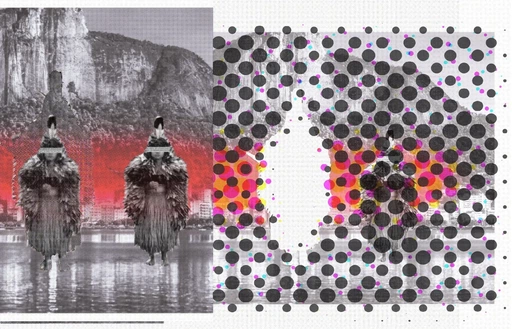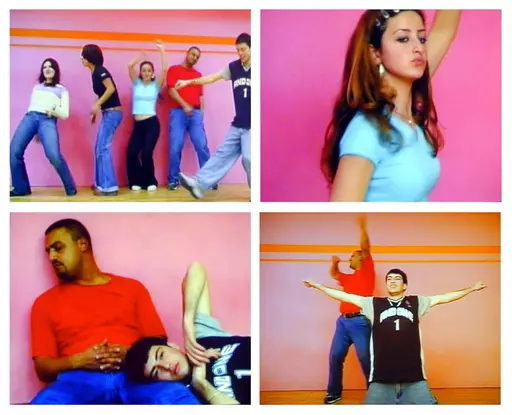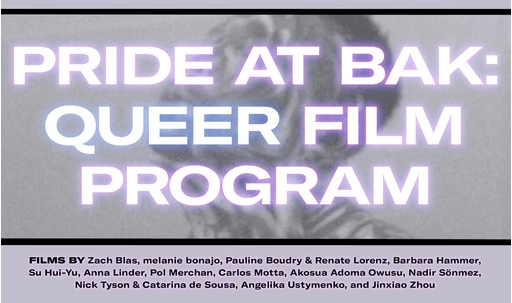De nieuwe BAK website is een werk in uitvoering. Usufructuaries of earth: een project in drie hoofdstukken: een tentoonstelling door Marwa Arsanios (7 maart–2 juni 2024), leesgroepen en online publicatie (doorlopend), en een conventie (24–25 mei 2024).
De nieuwe BAK website is een werk in uitvoering. Usufructuaries of earth: een project in drie hoofdstukken: een tentoonstelling door Marwa Arsanios (7 maart–2 juni 2024), leesgroepen en online publicatie (doorlopend), en een conventie (24–25 mei 2024).
Basecamp
‘Basecamp voor tastbare verbeelding’ wil de crises van deze tijd gezamenlijk aanpakken, door te breken met én voort te bouwen op culturele infrastructuur.
De politieke, sociale, economische, en klimaat-crises van vandaag lopen in elkaar over en versterken elkaar. Om dit moment in de geschiedenis het hoofd te bieden is actie nodig. ‘Basecamp’ biedt, radicaal, de nodige culturele infrastructuur om je die actie voor te kunnen stellen. Verbeelding is onmisbaar voor een weerbare, vernieuwende, helende toekomst. Basecamp geeft de ruimte voor verbinding, uitdaging, ontdekking - en actie.
Programma
1 April 2025
30 June 2025
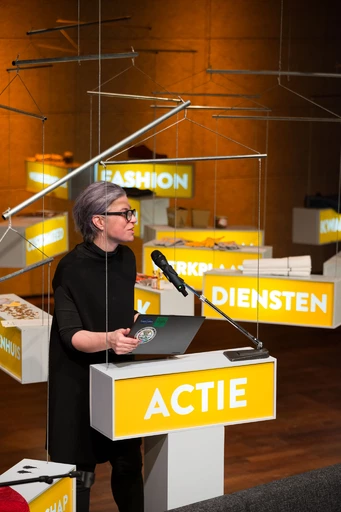
Programma
BAK presenteert Basecamp for Tactical Imaginaries: Building Cultural Infrastructure Anew
BAK, basis voor actuele kunst, Utrecht staat aan het begin van een nieuwe fase en begint deze met een periode van zes maanden van denken en plannen.
1 January 2025
30 June 2025

Programma
Climate Propagandas Congregation
Een tweedaagse bijeenkomst om gezamenlijk vormen van collectief overleven – in en ondanks de huidige uitstervingsoorlogen – te verbeelden en te propageren.
14 December 2024
15 December 2024
